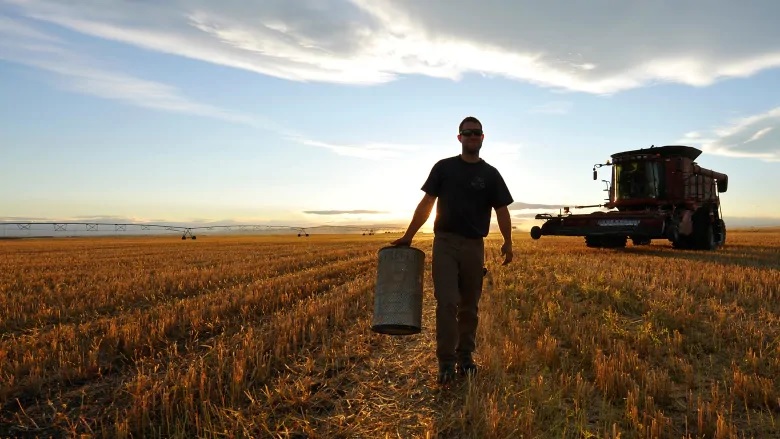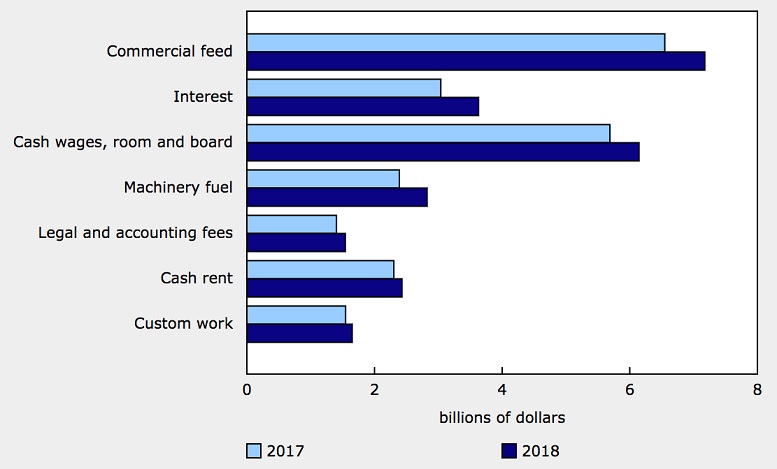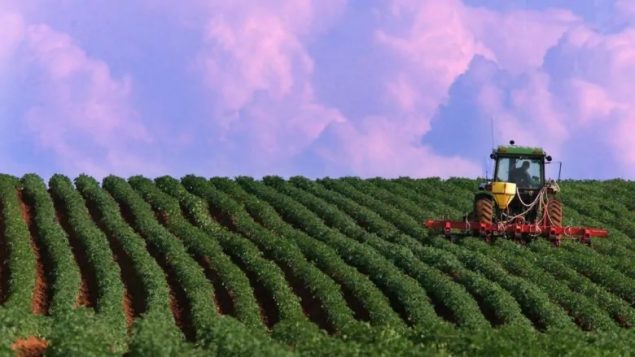The latest report from Statistics Canada presents a dire picture of farming in Canada.
The report says that in 2018, farmer’s net incomes dropped by 45.1 per cent on average.
Mary Robinson is a sixth generation farmer in Prince Edward Island and President of the Canadian Federation of Agriculture representing some 200,000 members.
While farmers have often had to face the vagaries of weather and animal diseases, new factors are coming to into play to make their position even more difficult.
Robinson notes that with climate change, the vagaries are becoming even more unpredictable than ever.
She also notes that while farmers have to absorb the accumulated downstream costs of such things as the carbon tax, added each step along the way of the production process, this can’t be passed on to buyers of their own production as they have no control over the prices they’re paid.

Canada’s census shows the average age of farmers is increasing, and Robinson says without a decent income, the incentive for young people to take over is diminishing thus leading to concerns about the future of farming in Canada. (Todd Korol-Reuters)
She also notes that foreign producers have taken advantage of the Canadian market opened up through international trade deals, while in large part Canadian producers have not had the same access to foreign markets.
- RCI: 2017: concern of farmland “land grabs” in Canada
- RCI: Apr 2019: Farmers estimate costs of carbon tax
In addition certain producers such as canola have found themselves victims of an international trade and diplomatic dispute with China.
Other costs for farmers have also gone up all around them from insurance, to fuel, repairs, equipment, their own food and indeed just about everything. The report from Statistics Canada notes, “Rising feed, interest and labour costs together with little change in farm cash receipts pushed realized net farm income lower”. While income has been lower, average farm operating costs increased overall by about 6.5 per cent.

(Statistics Canada. Table 32-10-0049-01 Farm Operating Expenses and Depreciation Charges (x 1,000)
The StatsCan said that total farm net income in Canada was down over $5 billion in 2018. Total net farm income is calculated by taking the realized net income and adjusting it for changes in the farmer-owned inventories of crops and livestock.
Additional information







For reasons beyond our control, and for an undetermined period of time, our comment section is now closed. However, our social networks remain open to your contributions.